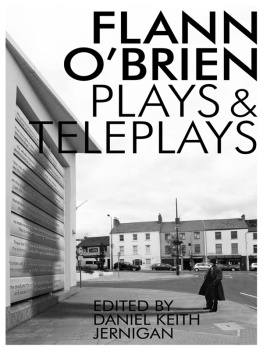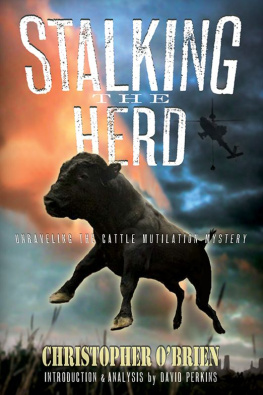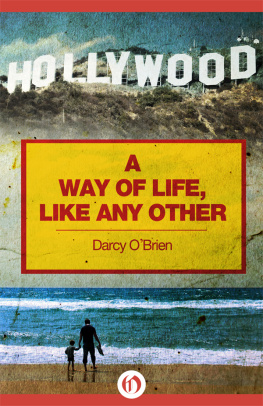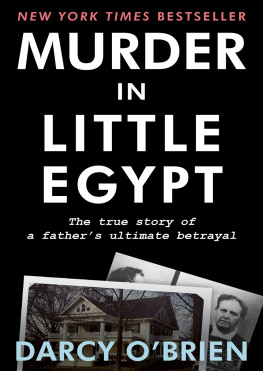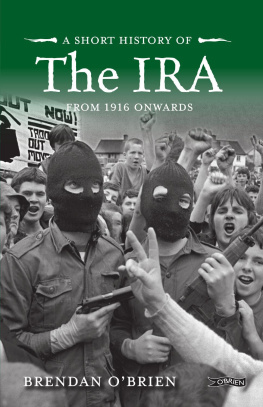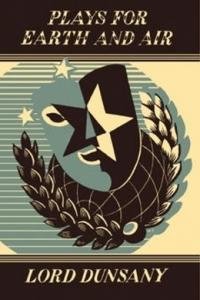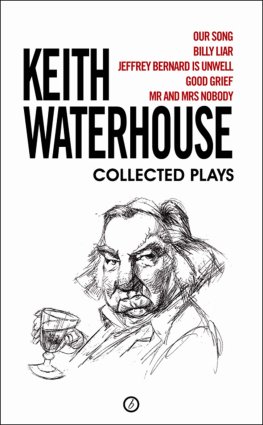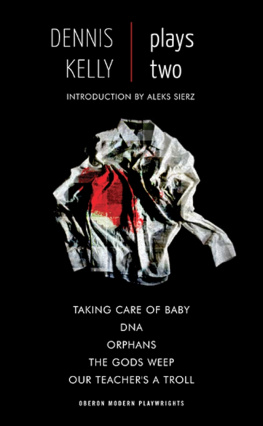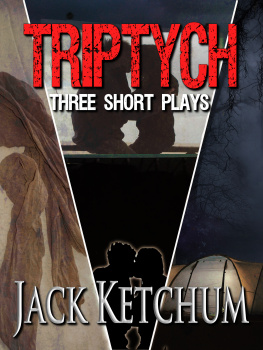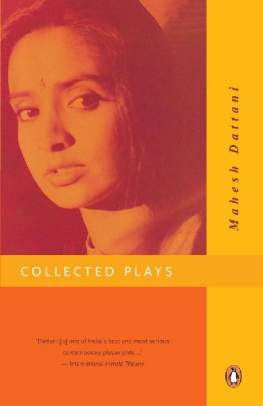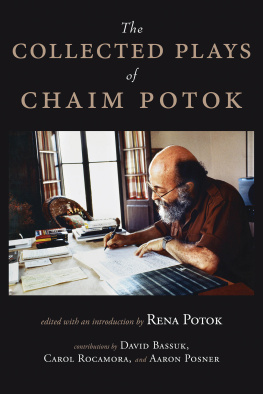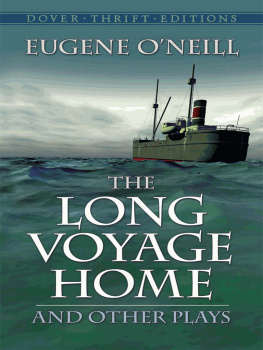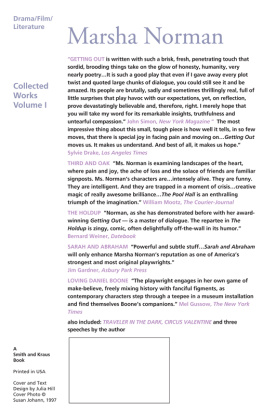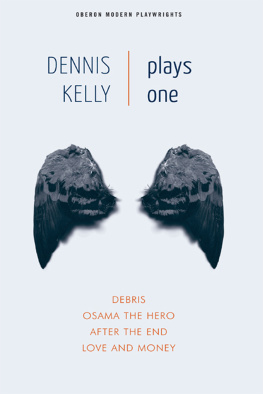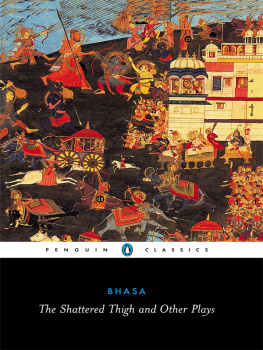
Other Works by Flann OBrien
NOVELS
The Poor Mouth
At Swim-Two-Birds
The Third Policeman
The Hard Life
The Dalkey Archive
COLLECTIONS
The Best of Myles
Further Cuttings from Cruiskeen Lawn
At War
The Short Fiction of Flann OBrien
FLANN OBRIEN:
PLAYS
and
TELEPLAYS
Edited and with an introduction by
Daniel Keith Jernigan

Even as Flann OBriens novels continue to garner significant critical attention, considerably less attention has been afforded his works for performance. Though this is at least in part due to the plays being traditionally, and dubiously, thought of as less aesthetically compelling than the novels, another likely explanation for this absence is that those plays which have been published (Thirst, Faustus Kelly, Rhapsody in Stephens Green: The Insect Playhereafter, The Insect Playand the teleplay The Dead Spit of Kelly) have fallen out of print in recent years. The current volume seeks to rectify this, also bringing numerous other plays and teleplays into print, and under a single cover, for the first time.
While only three of the stage plays included hereThirst, Faustus Kelly, and The Insect Playwere performed during OBriens lifetime, all of the teleplays were produced and broadcast by RT. Furthermore, all of the stage plays except A Moving Tale were originally written, published, and/or produced under the pseudonym Myles na gCopaleen (the same name under which he wrote his long-running newspaper column, The Cruiskeen Lawn), while all of the teleplays were produced for RT television under the name Myles na Gopaleen (A Moving Tale was also written under this pseudonym). However, because Flann OBrien is the most famous of Brian ONolans many pseudonyms, I have chosen to refer to him by that name as well.
The first play in this collection, Faustus Kelly, opened at the Abbey on January 25th, 1943, playing there for nearly two months.
Yet even a brief summary of Faustus Kelly suggests that there is much to the play that an audience familiar with OBriens Cruiskeen Lawn columns might find amusingabove and beyond its disrespectful attitude towards politicians of the day in its tale of a Cork councilman vying for membership in Dil ireann. As the play opens, The Devil is standing behind Kelly, who is seated signing a diabolical bond (p. 27). In the scenes that follow, Kelly is often accompanied by the Mephistophelian Stranger, who employs various diabolical methods to procure the election for his charge. In a final reversal, however, he decides to forego his hold on Kellys soul on the basis that even hell would be all the worse for accepting the Irish: Not for any favour... in heaven or earth or hell... would I take that Kelly and the others with me to where I live, to be in their company for ever... and ever... and ever (p. 116).
Faustus Kelly shows a side of Flann OBrien that is perhaps unfamiliar to his many readers, not least in the ways that the plays very production history resonates compellingly with its thematic impulse. Most striking, perhaps, is the fact that when Faustus Kelly debuted, Flann OBrien (or, rather, Myles na Gopaleen) went out of his way to confuse the question of who precisely was responsible for the workalready a muddied pool given the authors bevy of pseudonyms. As Anthony Cronin reports, OBrien had apparently decided to make himself scarce on opening night, watching the performance from the back of the stalls, but when the audience called for the author:
[They] were answered by a gentleman, dressed as the traditional stage Irishman with pipe, caubeen and cutaway coat, who did a little bit of a jig and then silently vanished. Holloway and some members of the audience disapproved of this extension of theatricality into the authors appearance on stage; but in fact the gnomic figure was an Abbey actor. The play had been billed as the work of Myles na gCopaleen and it was that mystical personage who was now taking a bow, not Brian ONolan.
And Myles na gCopaleens appearance on stage in the form of one of the grossest caricatures of the stage Irishmen imaginable is only one of the means by which the thematic import of Kelly extends well beyond its political pretentions. Those in attendance on its opening night were even led to believe that they might bear witness to a riot:
Rumour had it that there might be another Abbey Row to equal the first nights of The Playboy of the Western World and The Plough and the Stars. Madam Kirkwood Hackett and her son were there with other Republicansin the hope of a disturbance, she told Joe Holloway, the well-known diarist.
Where such rumours might have originated is uncertain, but OBriens talent at running interference and manipulating his audience would seem to mark the author himself out as a likely suspect. (Indeed, as Keith Hopper explains it, OBrien got his first big break working for The Irish Times in part as a result of the playful and self-referential way in which he employed its letters page to mock and escalate the similar controversy over a Sean OFaolain play.)
Written after Faustus Kelly, the one-act Thirst was commissioned by Hilton Edwards for a 1942 Christmas production at the Gate Theatre. It tells the story of a publican who is caught out by a police sergeant for serving alcohol after hours, and who eventually coerces the sergeant to have a drink himself by telling a story about the great thirst he faced while stationed in Messpott during the Great War. Comprised primarily of monologue detailing a specific anecdote, the play prefigures much of the later dramatic work included here. While not as ambitious as Faustus Kelly, it is perhaps the most successful of Flann OBriens plays, as it has been performed often and reproduced for both radio and television (for an explanation of the two different versions included, see A Note on the Texts).
While there is a familiar tendency to obfuscate the truth through playful exaggeration in Thirst, there are no colourful anecdotes surrounding its performance, which is, unfortunately, also true of OBriens second (and final) full-length work for theatre, Rhapsody in Stephens Green: The Insect Play (an Irish retelling of Karl and Josef Capeks The Insect Play). The Insect Play is set after hours in St. Stephens Green, and as in the Capek brothers version, each act is devoted to the exploits of various different species of insect, with Act I focusing on bees, Act II on dung beetles and crickets, and Act III introducing us to several varieties of ants. The play is meant as a satire of the various character types in and around Dublin (a duck and duckling, for instance, are given Dublin accents, while crickets are given a Cork accent). In his introduction to the Lilliput Press edition of the play, Robert Tracy explains that Myless chief innovation is to make some ants Northern Unionists, who speak with Belfast accents. They are determined to defend their holy ralugion; against the dirty green Awnts of the South, who obey thon awnt over in Rome and force the wee awnts to learn Latin.
Of course, OBrien might well have carried on with his audience-baiting, meta-authorial manipulations here, as hed done with Faustus Kelly, except that The Insect Playset to open at the Gaiety just as Faustus Kelly was closing at the Abbeyclosed after only five days, leaving him precious little time to work. However, we can still get some sense of what OBrien might have had in mind for the work thanks to a series of letters exchanged between Myles, Gabriel Fallon (who had condemned
Next page
